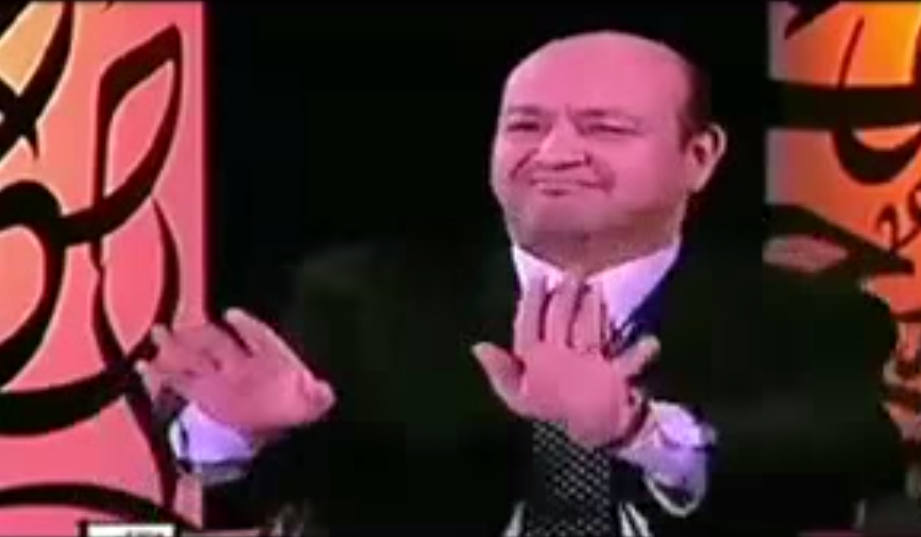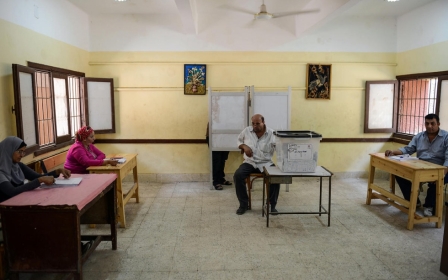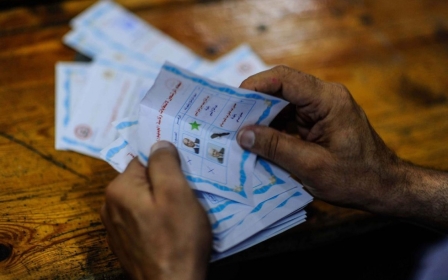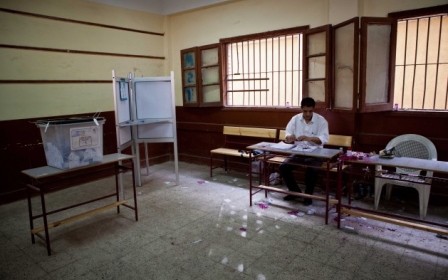Not all Egyptians are dancing

Fearing a low turnout for the Egyptian presidential elections, the military-backed authorities this week tried to attract voters to the ballot box with means beyond the usual world of politics and news punditry.
While waving a warning stick to those who did not vote, including threats to fine them, the interim government also sought to provide some carrots for those who did bother to show up. For instance, Egyptians were promised a day off during the second election day and plenty of song and dance.
So heavy was the presence of paid bands and dancers, that some commentators noted that the number of those who were employed to provide an atmosphere of entertainment near polling stations outnumbered the actual voters.
The campaign of former army chief Abdel Fattah al-Sisi had tried to sell its candidate as the ideal man for all colours of the Egyptian population, including the youth.
This is why a song by a popular Emirati singer Hussain al-Jesmi calling on Egyptians to vote was welcomed by the pro-military media, which also made it sure it was more than sufficiently aired. The tune was apparently viewed as catchy by even some of the Egyptian government's critics, who are no fans of its lyrics.
New MEE newsletter: Jerusalem Dispatch
Sign up to get the latest insights and analysis on Israel-Palestine, alongside Turkey Unpacked and other MEE newsletters
In response, the groups that boycotted the elections felt compelled to make parodies of the song using different lyrics, one of which can be viewed here:
The song starts with branding Sisi as a "slaughterer", before moving on to say that the majority of the population is boycotting the election. The boycott camp also released a (more serious) song that denounces military rule, entitled A 7 A, an abbreviation interpreted to mean 'I will object':
Since the July 2013 coup that overthrew the country's first democratically elected president Mohamed Morsi, and the subsequent death and imprisonment of thousands of his supporters, the Egyptian authorities have been struggling to maintain order and economic stability.
The presidential election sought to provide a sense of stability amid the wide campaign of boycott spearheaded by the Muslim Brotherhood movement and large segment of the country's youth, who were the driving force behind the ouster of long-time dictator Hosni Mubarak.
Middle East Eye delivers independent and unrivalled coverage and analysis of the Middle East, North Africa and beyond. To learn more about republishing this content and the associated fees, please fill out this form. More about MEE can be found here.




